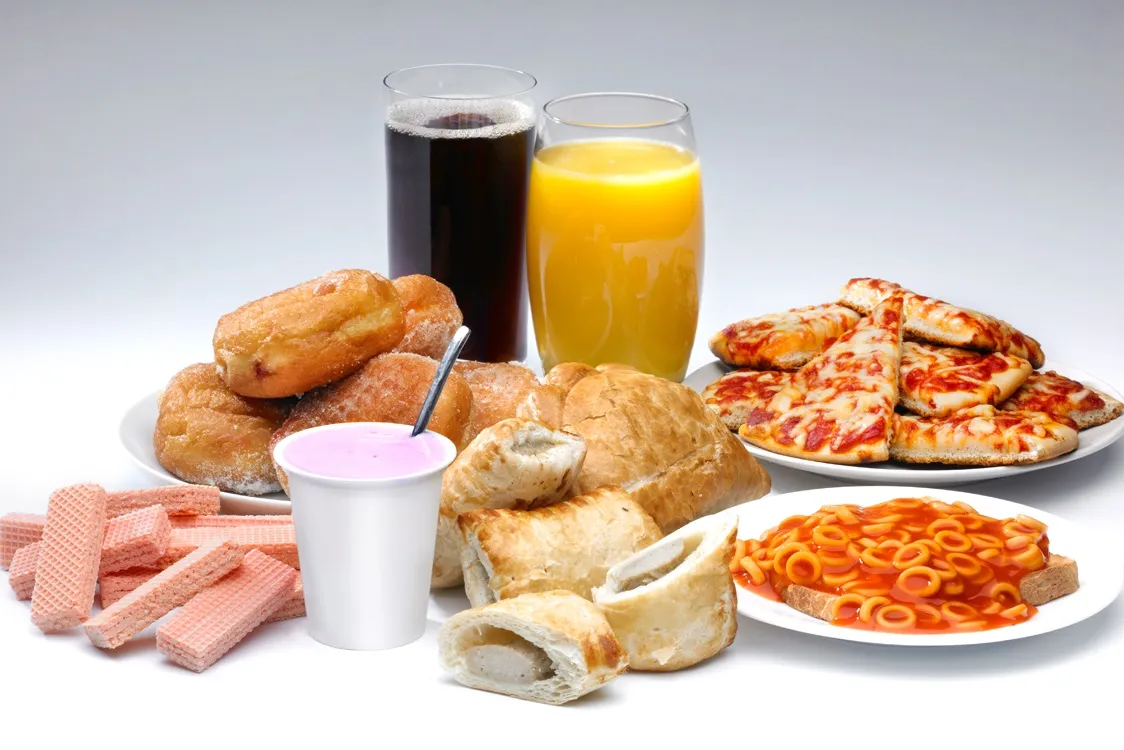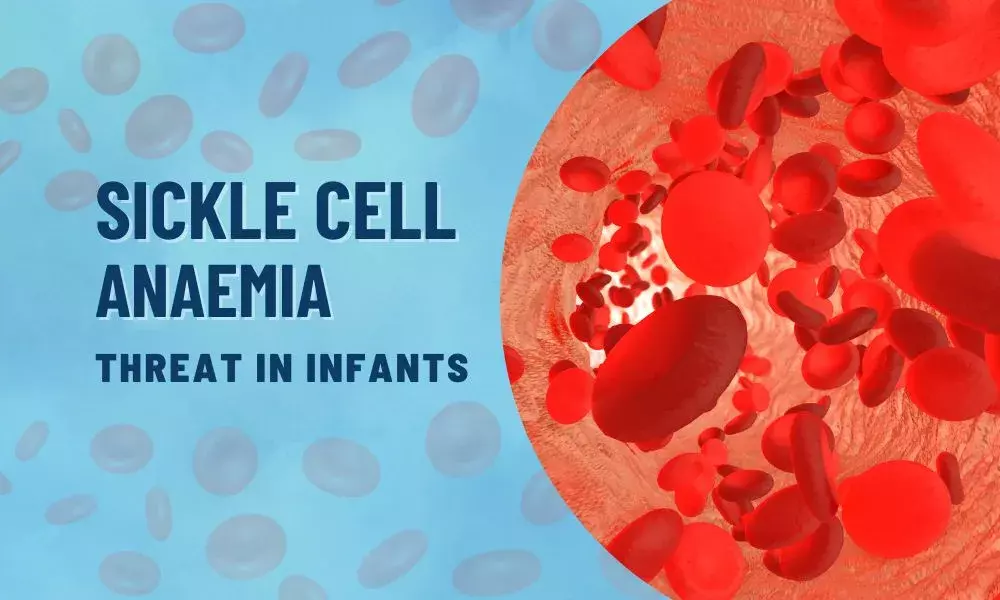Many men enjoy a breakfast plate heaped with sausages and perhaps a sugar-glazed Danish on the side. According to new research, eating too many ultra-processed foods like these may harm a man’s colon.
Men who consumed the most ultra-processed food had a 29% higher risk of developing colon cancer when compared to men who consumed the least amount. Surprisingly, women who consumed more ultra-processed foods did not face an increased risk.
“The study provides evidence of a potential link between ultra-processed foods and colorectal cancer, and it supports the public health importance of limiting certain types of ultra-processed foods to promote better health outcomes in the population,” study author Lu Wang said. She is a postdoctoral fellow at Tufts University’s Friedman School of Nutrition Science and Policy.
According to Wang, ultra-processed foods are high in added sugar, oils/fats, and refined starch, contributing to weight gain and obesity, and obesity is a well-known risk factor for colorectal cancer.
“They are also deficient in beneficial nutrients and bioactive compounds like minerals and vitamins,” Wang added.
It’s unclear why only men appear to be at higher risk. “One possible explanation is that the composition of ultra-processed foods consumed by women may differ from that of men,” she explained, noting that ultra-processed dairy foods such as yogurt may counteract the harmful effects of other types of ultra-processed foods in women. “Further research will be required to determine whether there is a true sex difference,” Wang concluded.
The study included nearly 160,000 women and 46,000 men from three large studies of health care professionals from the United States. Participants completed food frequency questionnaires every four years that asked how frequently they ate about 130 different foods. The consumption of ultra-processed foods was divided into quintiles, from the least to the most.
The researchers discovered 1,294 cases of colon cancer in men and 1,922 cases in women over 25 years of follow-up.
Men who consumed the most ultra-processed foods had the highest risk of colon cancer. This was primarily due to the popularity of ultra-processed meat, poultry, or fish-based ready-to-eat products and sugar-sweetened beverages. The increased risk was especially noticeable for tumors in the colon’s distal (last) section.
While the study found no overall increased risk for women who ate more ultra-processed foods, those who ate more ready-to-eat/heat-mixed dishes had a higher risk of colon cancer.
The findings remained even after the researchers controlled for other risk factors for colon cancer, such as race, family history of cancer, physical activity, smoking status, and alcohol consumption.
The study was published online in the BMJ on August 31, 2022.
According to Dr. Robin Mendelsohn, co-director of the Center for Young Onset Colorectal and Gastrointestinal Cancers at Memorial Sloan Kettering Cancer Center in New York City, the new findings add to a growing body of research linking ultra-processed foods to cancer, specifically colon cancer.
Certain chemicals found in processed meats, such as nitrates and nitrites used to keep meat fresh or heterocyclic amines produced when meat is cooked at high temperatures, have been linked to cancer, according to Mendelsohn.
Her best piece of advice is, “Eat a plant-based diet,” Mendelsohn recommended. “Around two-thirds of your plate should consist of fruits, vegetables, and whole grains, with the remainder consisting of lean meats, fish, poultry, and legumes.” Limit your intake of red meat and try to avoid processed meats.”
According to Dr. Amitpal Johal, division chief of gastroenterology at Geisinger in Danville, Chemicals in ultra-processed foods may alter the gut’s healthy bacteria, worsening inflammation and increasing the risk of colon cancer, Pa.
“More research is needed to understand better what characteristics of ultra-processed foods contribute to higher rates of colon cancer,” Johal said.
He explained that eating less ultra-processed foods and more fruits and vegetables, calcium, vitamin D, and fiber-rich foods can help lower your risk of colon cancer.
“Exercise, proper sleep hygiene, and weight management can also help,” Johal added.
He also advised men and women over 45 to have regular colonoscopy screening.





